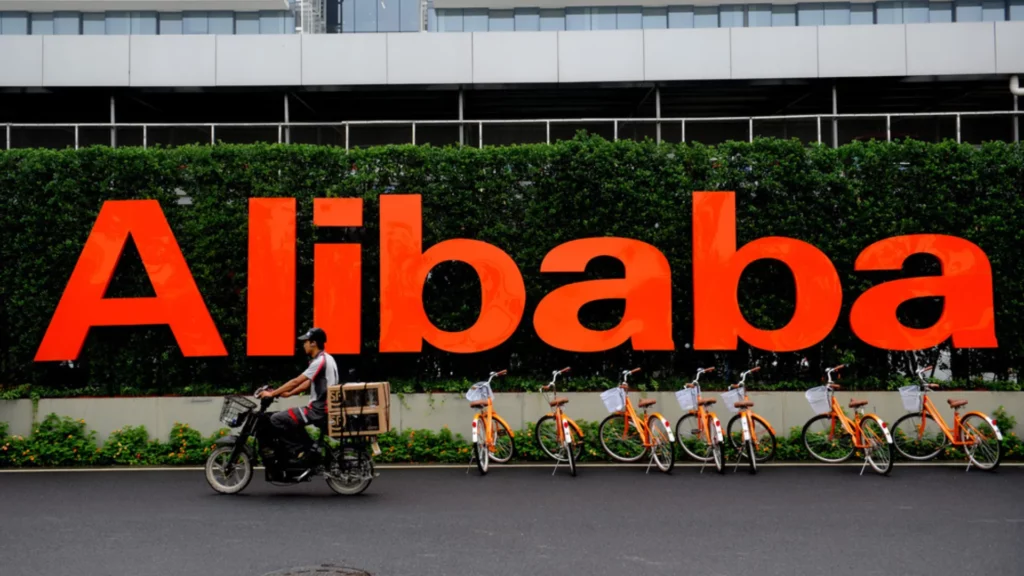Alibaba conducted a test and discovered that ZeroSearch beats actual search engine-based models, needing no application programming interface (API) fees.
Chinese tech giant Alibaba Group has reported a breakthrough technology that could completely change how artificial intelligence (AI) systems learn to search for information and significantly lower the costs.
As companies look to improve artificial intelligence capabilities while cutting development costs, Alibaba introduced a technology that can reduce the cost of training AI models for search by almost 90%.
In a research paper published last week, Alibaba researchers presented a new approach called ZeroSearch that improved AI models’ search capabilities through simulators without interacting with real search engines.
ZeroSearch teaches a large language model (LLM) to generate noisy and helpful documents based on response, rather than extracting real-time data from search engines. The model learns the characteristics of high- low quality responses through a simple supervised fine-tuning process.
During training, they use a “curriculum rollout” method, which mimics actual internet search settings by exposing the AI to clear information and then gradually uncovering it to more complex and disorganized data.
This technique helps remove the high expenses usually associated with directing requests through commercial search engines. It does this by empowering AI models already trained on vast knowledge bases to generate high-quality information in response to queries.
ZeroSearch reduces dependency on costly external search infrastructure by turning the reference model into a search engine that can train other AI systems to respond to queries. It makes AI search training more accessible, particularly for small teams with limited resources.
For example, it roughly costs US$586.70 to send 64,000 queries to Google through an application programming interface. However, it costs US$70.80 to use a 14-billion-parameter AI model to create training responses, translating to an 88% cost reduction.
The innovation can improve AI search capabilities, which researchers claimed were crucial for improving AI models’ capacity for reasoning and generation.
Alibaba conducted a test and discovered that ZeroSearch beats actual search engine-based models, needing no application programming interface (API) fees. Additionally, it supports a variety of reinforcement learning techniques and generalizes well across base and instruction-tuned LLMs with varying parameter sizes.
It also performs well across different AI sizes and kinds, including instruction-tuned and base models, and is also compatible with many reinforcement learning approaches, such as PPO, GRPO, and Reinforce++.
According to the researchers, this procedure improves the model’s ability to reason and helps it sift through unreliable material, just as humans frequently have to do online.
The research project aligns with Alibaba’s dedication to developing AI search.
The company introduced improved AI search tools for Quark. Aicpb.com (the company that monitors the use of AI goods) claims that Quark is the most popular app in China.
According to the Quark team, the feature, known as “deep search,” combines web search with Alibaba’s Qwen AI models’ reasoning powers to provide precise answers to challenging questions.
The feature is accessible across many platforms, like personal computers and mobile devices.
Other Chinese companies are also making advancements in AI search technology.
Internet search engine Baidu has incorporated the R1 reasoning model from start-up DeepSeek into its online search engine to provide users with summaries of search results in response to user questions.
Hangzhou-based DeepSeek and Beijing-based start-up Moonshot AI added real-time search capabilities to their chatbots to improve response times.
Alibaba comes as AI companies race to create intelligent, more self-sufficient models. ZeroSearch suggests a future where artificial intelligence can “search” solely within itself, producing less expensive and occasionally even more accurate results than systems like OpenAI’s ChatGPT and Google’s Gemini, which now rely on live data or search connections.
